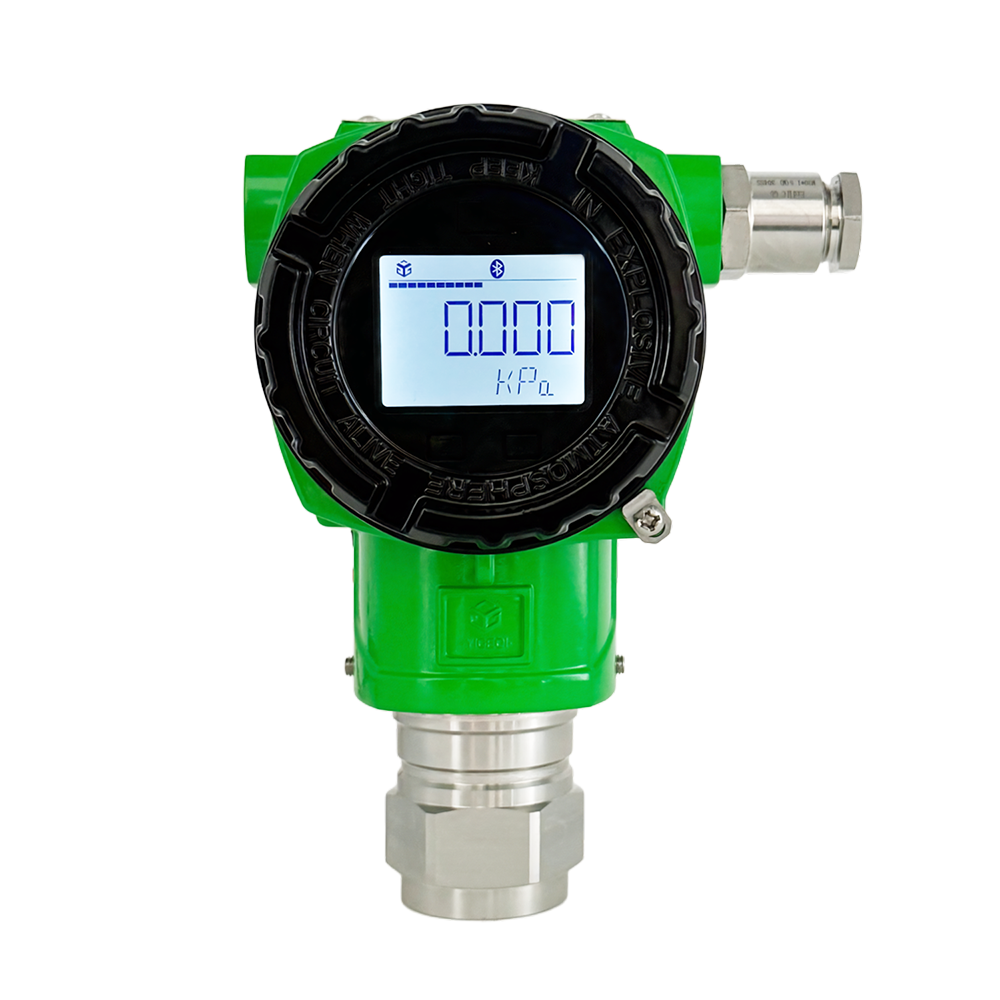With the rapid advancement of intelligent manufacturing and industrial automation, there's a growing demand for precision and reliability in pressure measurement technologies. Single-crystal silicon pressure transmitters have emerged as a rising star in high-end pressure measurement systems, boasting exceptional performance that has led to widespread adoption across aerospace, power generation, and petrochemical industries. But what exactly makes these transmitters "premium"? What are their core advantages? Yigeqi will reveal the answers.

1. High precision and stability
Monocrystalline silicon pressure transmitters utilize resonant silicon crystal sensors that measure pressure through the piezoresistive effect of silicon crystals. The material boasts exceptional mechanical strength and stability, with its resonant frequency showing minimal temperature sensitivity. This enables a measurement accuracy of ±0.075%FS – significantly outperforming traditional diffusion silicon or ceramic capacitive sensors.
2. Long-term reliability and outstanding anti-interference capability
The monocrystalline silicon sensor has no moving parts, and is constructed to be robust, vibration-resistant and impact-resistant. It can maintain long-term stability even under harsh working conditions (such as high temperature, high pressure, strong corrosion environment). At the same time, its signal output is less affected by electromagnetic interference, so it is suitable for complex industrial environment.
3. Fast response speed and excellent dynamic performance
Because the monocrystalline silicon resonant sensor uses frequency signal output, its response speed can reach millisecond level, and it can capture pressure changes in real time, which is suitable for dynamic pressure monitoring scenarios such as high-speed fluid and engine test.
4. The temperature compensation technology is excellent and can adapt to a wide temperature environment
The advanced temperature compensation algorithm combined with the low temperature drift characteristics of monocrystalline silicon material enables the transmitter to maintain high accuracy in a wide temperature range of-40℃~125℃ or even wider, meeting the requirements of extreme environment.
With the development of microelectronics technology and material science, the performance of monocrystalline silicon pressure transmitter will continue to improve, the cost is expected to gradually decrease, and further explore the application in emerging fields.


